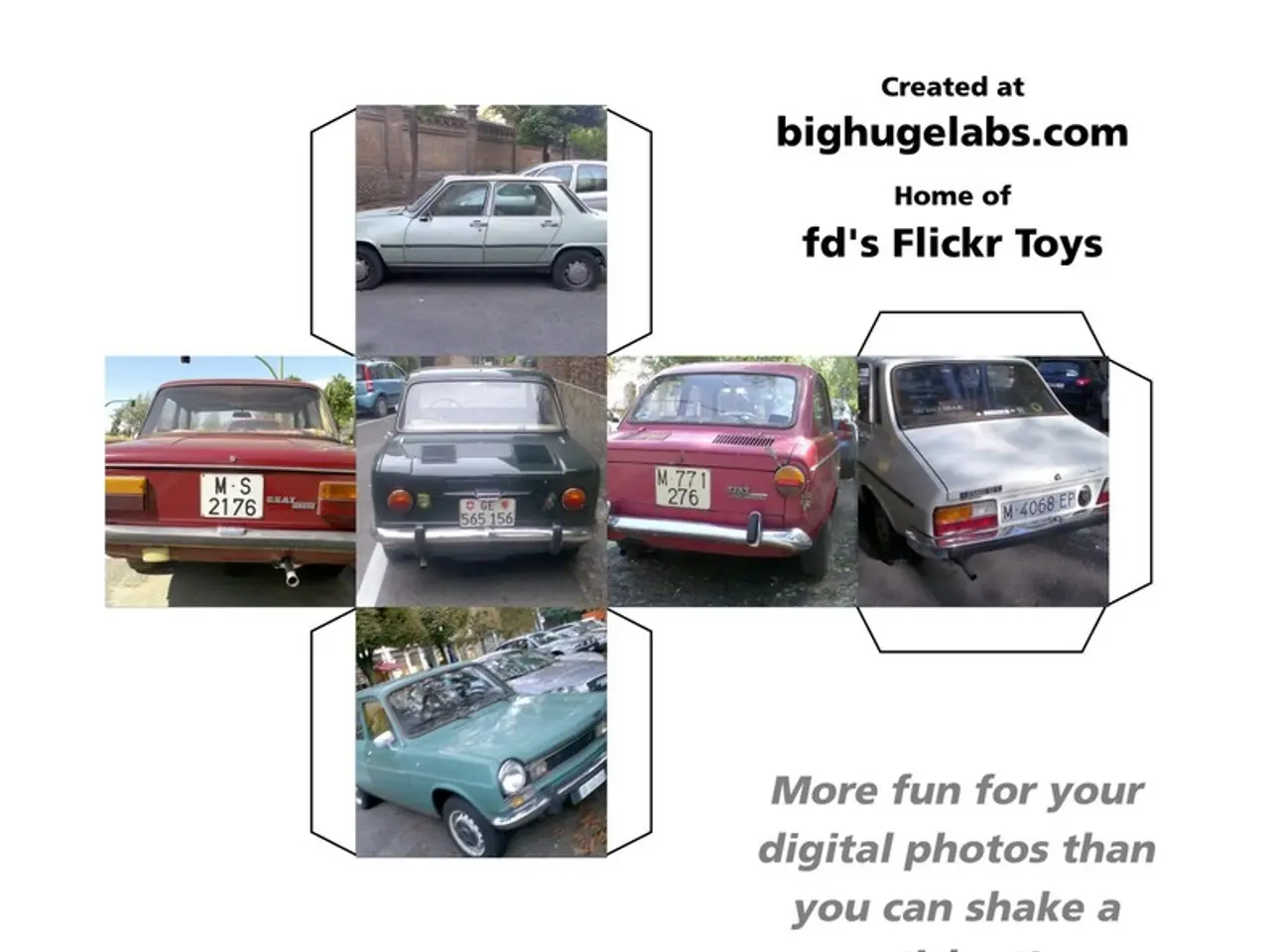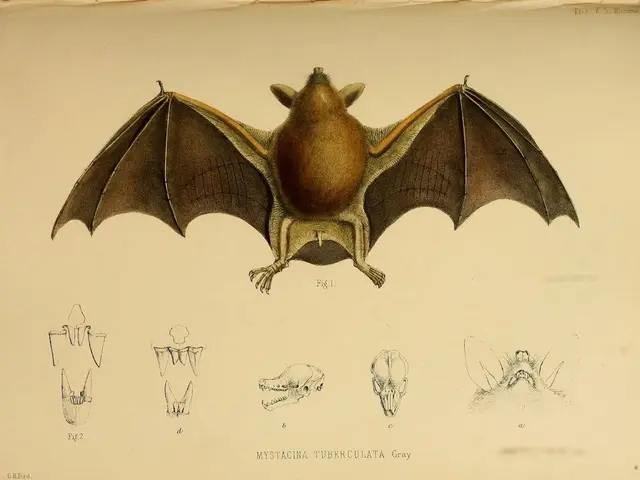13 Groups Challenge ICCT's Renewable Fuel Credit Evaluation Methodology
A group of 13 organisations, including our website, has challenged a recent briefing by the International Council on Clean Transportation (ICCT). The statement, released in response to ICCT's February 2023 statement on renewable fuel credit evaluations in Europe's CO2 regulations for trucks and buses, highlights several concerns.
The organisations, whose identities remain undisclosed, argue that ICCT's assessment of Tank-to-Wheel (TtW) emission savings for alternative fuels is flawed. They contend that the briefing fails to consider the full lifecycle of emissions, including those associated with battery production for electric trucks.
The signatories also dispute ICCT's assumption that electric trucks would consistently utilise 100% renewable electricity with zero CO2 emissions. They maintain that this assumption is unrealistic, as electricity grids often rely on a mix of renewable and fossil fuel sources.
The statement, while critical of ICCT's briefing, does not provide additional points of discussion. The organisations involved have chosen to remain anonymous. The International Council on Clean Transportation has not yet responded to these criticisms.
Read also:
- chaos unveiled on Clowning Street: week 63's antics from 'Two-Tier Keir' and his chaotic Labour Circus
- Racing ahead in Renewable Energy Dominance: Changzhou, Jiangsu Pushes for Worldwide Renewable Energy Ascendancy
- Colorado's Proposition 112: A 2,500-Foot Fracking Buffer on the Ballot
- Renault Group to Discuss Decarbonization and Circular Economy Strategies at ChangeNow 2023 Event







